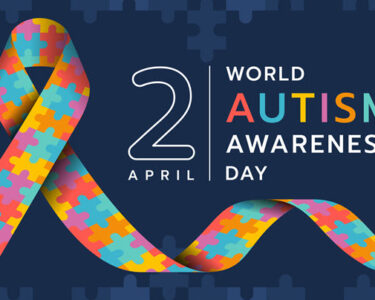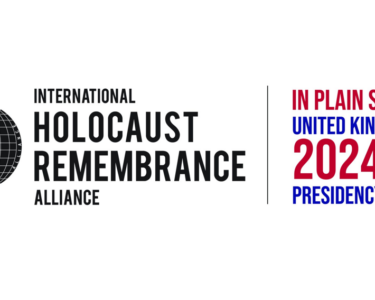We are delighted to officially launch our new commemorative project – Belsen 75. This significant educational project commemorates the 75th anniversary of the liberation of the former concentration camp Bergen-Belsen by British Forces. The programme is jointly delivered by UCL Centre for Holocaust Education, the Holocaust Educational Trust, with support from the National Holocaust Centre and Museum, and made possible thanks to funding from the Department for Education.
Executive Director UCL Centre for Holocaust Education, Professor Foster, said: “UCL Centre of Holocaust Education is delighted to have partnered with the Holocaust Educational Trust on Belsen 75. This project will profoundly support students and their teachers to deepen their understanding of the agonising and unimaginable task that faced British troops as they liberated Bergen-Belsen in April 1945.”
Schools will receive access to a comprehensive information pack and educational resources and be encouraged to mark and commemorate the 75th anniversary of the liberation next April in their own way, giving students the chance to reflect on its continuing relevance and meaning of the Holocaust today.
This unprecedented project for state-funded schools will also include visits to the former camp and the chance to reflect upon the significance of Bergen-Belsen and explore the testimonies of survivors and liberators of the camp. The project will see two student representatives (Y12-13 only) and one teacher from each educational institute with post-16 provision attend, before returning to in turn educate their classmates and communities about this period of history and to give their first-hand account. The programme of visits to Bergen Belsen, is a four part compulsory course for the two selected students and accompanying teacher. Places for the visits are allocated on a first-come-first-served basis and will cost £40 per participant.
Holocaust Survivor Susan Pollack, who was liberated from Bergen-Belsen in 1945 said: “If it wasn’t for that British soldier who picked me up and saved me, I wouldn’t be here today. On liberation, I was virtually a corpse, unable to walk, and would soon have died.
“It is our duty to tell others this story. After being liberated, I thought to myself, health permitting, that I will teach in schools. That I will share my story because others can’t. That is the commitment I made when I was liberated from Bergen-Belsen.”
Programme Director UCL Centre for Holocaust Education, Ruth-Anne Lenga, added: “Pupils will hear from those who were there and testified to the true extent of Nazi crimes perpetrated against innocent men, women and children during the Holocaust. They will also learn about the efforts made by the British to bury the dead, contain the spread of disease and save the lives of those who, without immediate care, would have surely perished.
“75 years on, the need to combat antisemitism and heal divisions in society remains urgent. As survivors of the Holocaust become increasingly few with the passing of time, this anniversary is pivotal in remembering this disturbing past and collectively reflecting on its legacy.”
Holocaust Educational Trust Chief Executive, Karen Pollock MBE, commented: “This is a momentous opportunity to commemorate this key event in our nation’s collective history and to educate even more people about what happened during the Holocaust.
“As we approach the 75th anniversary since the liberation of the former camp, this is now our last chance to witness the first-hand testimonies of survivors from Bergen-Belsen, and the camp’s liberators, ensuring that young people across the country properly understand Britain’s connection to the Holocaust.
“We look forward to working with our partners to make sure that this project can leave a lasting legacy, so that this and future generations can continue to remember.”
National Holocaust Centre and Museum Interim Chief Executive, Marc Cave, said “Belsen 75 is a profound moment to communicate the horrors of the Holocaust for a contemporary purpose. Hate is on the rise in our society today. This trip to Belsen will be a success if we inspire even a single visitor, every time he or she spots it, to move from bystander to ‘upstander’ against it.
“As the UK’s only nationally accredited Holocaust museum with a treasure trove of content, we are delighted to contribute to this landmark project with our award-winning Forever Project immersive technology and wraparound learning tools. Combined with the expertise of our fellow project partners, this is surely 1+1=3. Long may we collaborate to heighten the impact of our work.”
Applications to participate in the Belsen 75 Programme of Visits are open to students and teachers. Schools are invited to apply for their place on these special visits here: https://www.belsen75.org.uk/ – applications are open to state-funded schools across England.
Visits will take place in February and March 2020, with commemoration events across the country being planned for April – to coincide with the anniversary of the liberation of Bergen-Belson on 15th April 1945.



